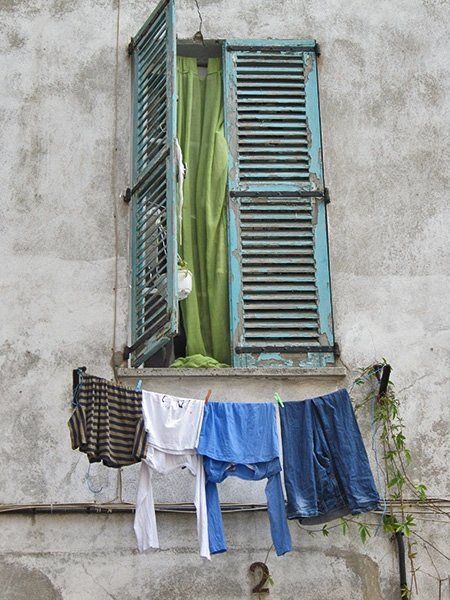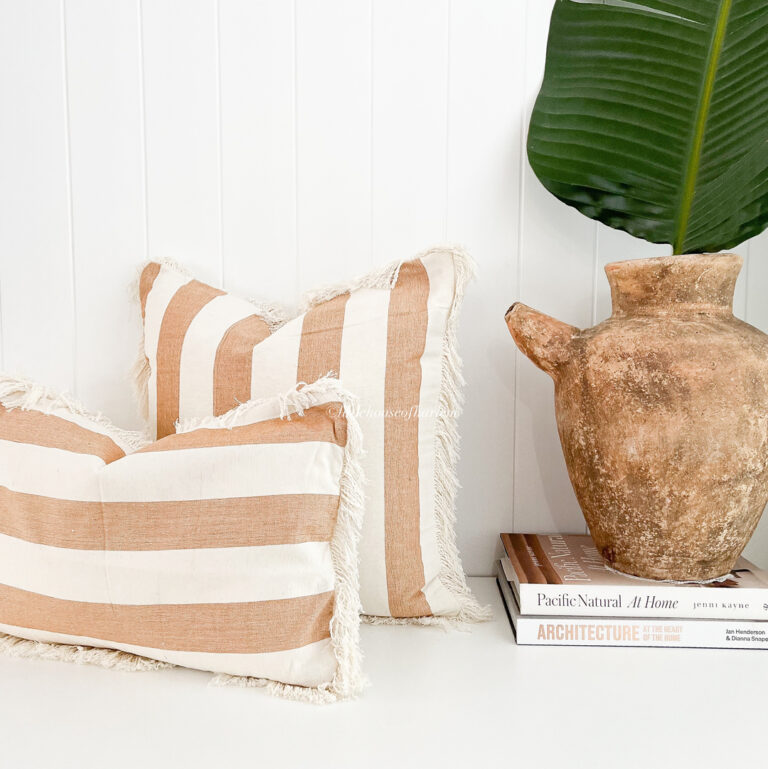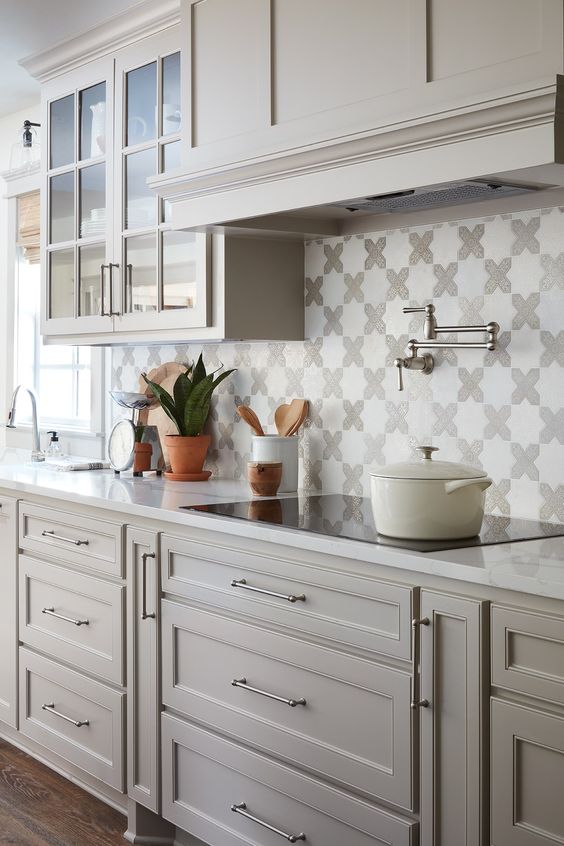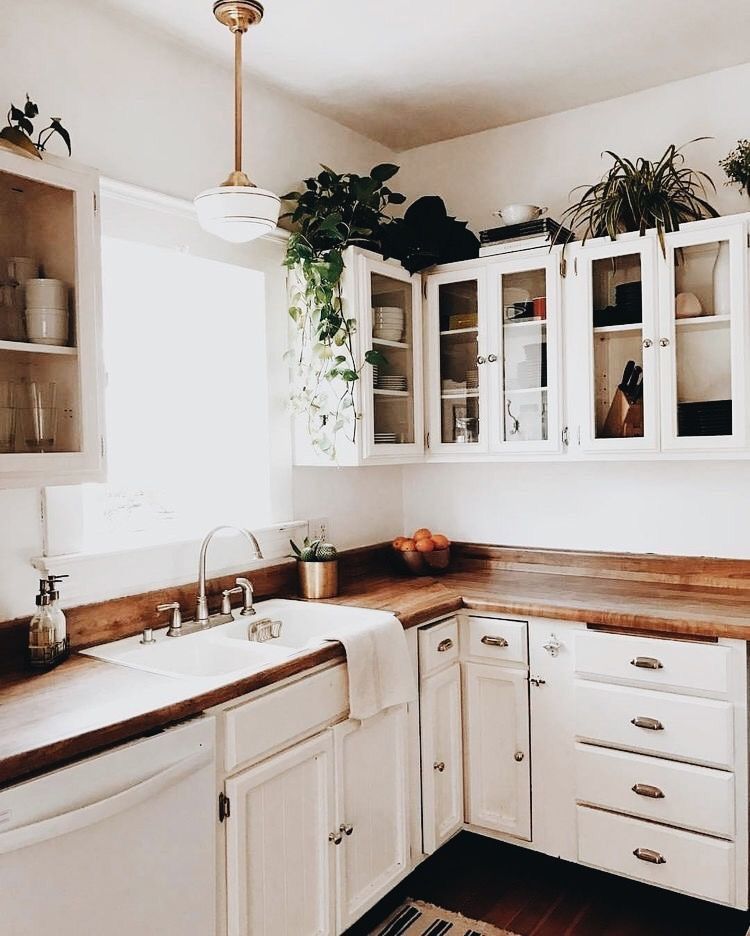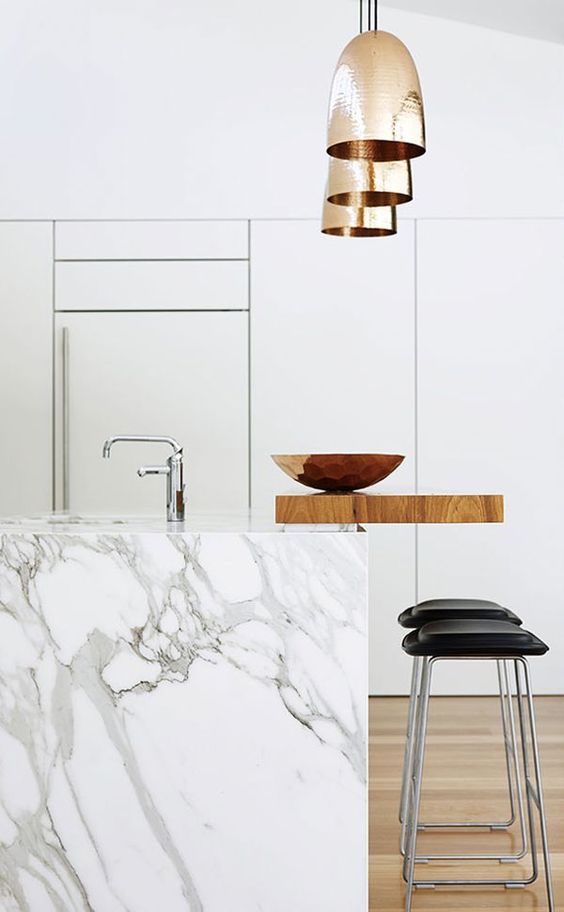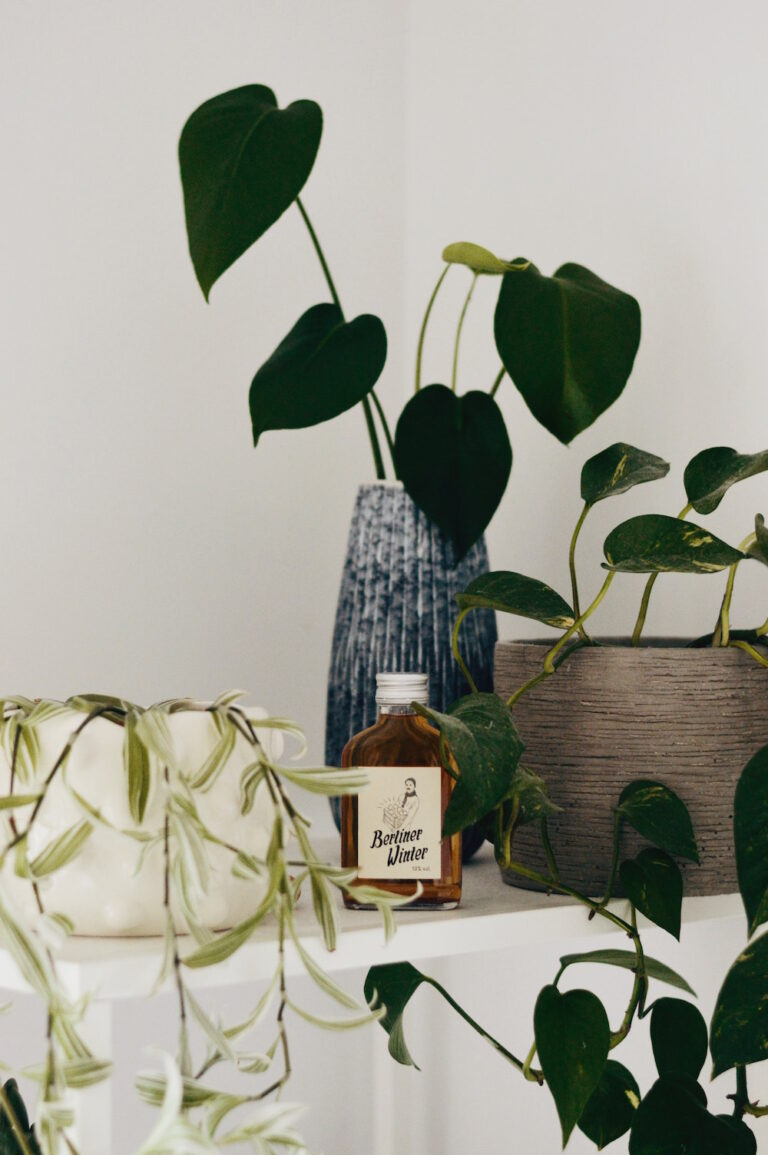How to Control Humidity in Your House
High humidity in a home means that there is a greater risk of mold growth, pest infestation, and rot. In short, keeping the humidity levels in your house under control is a must if you are to ensure a better quality of life, all the while avoiding a few expensive problems cropping up along the way.
What is the ‘optimal’ humidity level?
Most experts will agree that the ‘optimal’ humidity level is around 45%. Anything above 50% is considered too high, and anything below 30% too low.
Here are some tips for maintaining this delicate balance regardless of the season or in which state you currently reside.
Invest in a dehumidifier
Many allergy sufferers swear by dehumidifiers, which effectively aid in reducing humidity levels within the home. Furthermore, dehumidifiers are celebrated for lowering energy costs. This is due to the fact that they help your air conditioner to run more efficiently. In a particularly humid home, the A/C is required to cool the air and get rid of excess moisture, often meaning that it needs to work twice as hard. A dehumidifier, such as those available at HVAC Atlanta, handles the dehumidification process so that your A/C can focus on doing the job for which it was designed, ultimately saving you money on your energy bill and helping you’re A/C last longer.
Be careful how you dry your clothes
If lower humidity levels are the goal, then it is imperative that you do not hang your clothes to dry indoors. Either place them in the dryer or hang them outside if the weather allows.
Service your HVAC system
An HVAC system that hasn’t been serviced in a while may contribute negatively to humidity in the home. Your air filters are particularly important when it comes to the A/C process of pulling air from outdoors and filtering out the excess moisture. They will enable humidity to pass through if they are clogged or no longer functioning optimally. It is recommended that you change the cheaper fiberglass models every single month, while the more expensive, pleated air filters are fine to replace every six months. If in doubt, contact a professional for assistance.
Get rid of your carpets
Carpets tend to hold onto moisture more than any other type of flooring surface, so they may be contributing quite heavily to the state of your home’s air quality and humidity levels in general. It may be time to consider a change!
Make use of your exhaust fans
Humidity that is left to linger in the kitchen or bathroom (two rooms known for their high humidity levels) for more than 48 hours is almost certain to lead to the growth of mold, mildew, and bacteria. Your exhaust fans are there for a reason and will help to move humidity out of the rooms before it can cause any damage. Use them whenever you are performing tasks that generate excess humidity, such as showering, bathing, or cooking.
With a bit of extra effort and a few helpful products on hand, keeping the humidity levels in your home under control shouldn’t be the mission you expect. Here’s to better air quality and the many other benefits that come with it.


